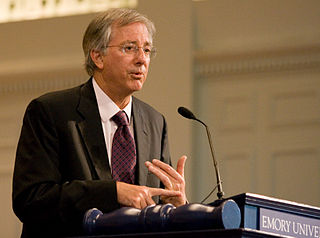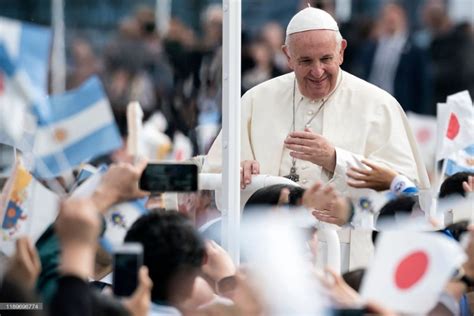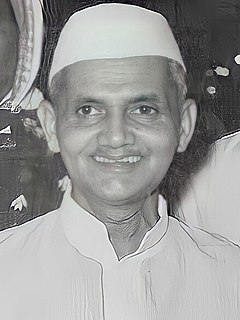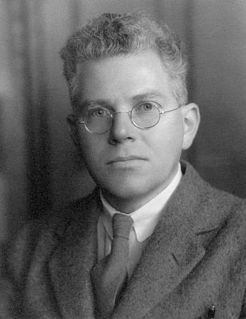A Quote by Mohamed ElBaradei
Even with the best intentions, you can have a nuclear war, a nuclear holocaust, through miscalculation, through accidents.
Quote Topics
Related Quotes
You don't have any communication between the Israelis and the Iranians. You have all sorts of local triggers for conflict. Having countries act on a hair trigger - where they can't afford to be second to strike - the potential for a miscalculation or a nuclear war through inadvertence is simply too high.
What is the only provocation that could bring about the use of nuclear weapons? Nuclear weapons. What is the priority target for nuclear weapons? Nuclear weapons. What is the only established defense against nuclear weapons? Nuclear weapons. How do we prevent the use of nuclear weapons? By threatening to use nuclear weapons. And we can't get rid of nuclear weapons, because of nuclear weapons. The intransigence, it seems, is a function of the weapons themselves.
On nuclear war, actions in Syria and at the Russian border raise very serious threats of confrontation that might trigger war, an unthinkable prospect. Furthermore, Trump's pursuit of Obama's programs of modernization of the nuclear forces poses extraordinary dangers. As we have recently learned, the modernized U.S. nuclear force is seriously fraying the slender thread on which survival is suspended.
Teller contended, not implausibly, that hydrogen bombs keep the peace, or at least prevent thermonuclear war, because the consequences of warfare between nuclear powers are now too dangerous. We haven't had a nuclear war yet, have we? But all such arguments assume that the nuclear-armed nations are and always will be, without exception, rational actors, and that bouts of anger and revenge and madness will never overtake their leaders (or military and secret police officers in charge of nuclear weapons). In the century of Hitler and Stalin, this seems ingenuous.
The court was unable to rule on all circumstances in which nuclear weapons might be used, and it said in view of the problems, the risks posed by nuclear weapons, and in view of the lack of certainty of the law in all circumstances, the best course is fulfilling the obligation of good faith negotiations of nuclear disarmament contained in the nuclear non-proliferation treaty.
I, who had been in favour of nuclear energy for generating electricity ... I suddenly realised that anybody who has a nuclear reactor can extract the plutonium from the reactor and make nuclear weapons, so that a country which has a nuclear reactor can, at any moment that it wants to, become a nuclear weapons power. And I, right from the beginning, have been terribly worried by the existence of nuclear weapons and very much against their use.



































